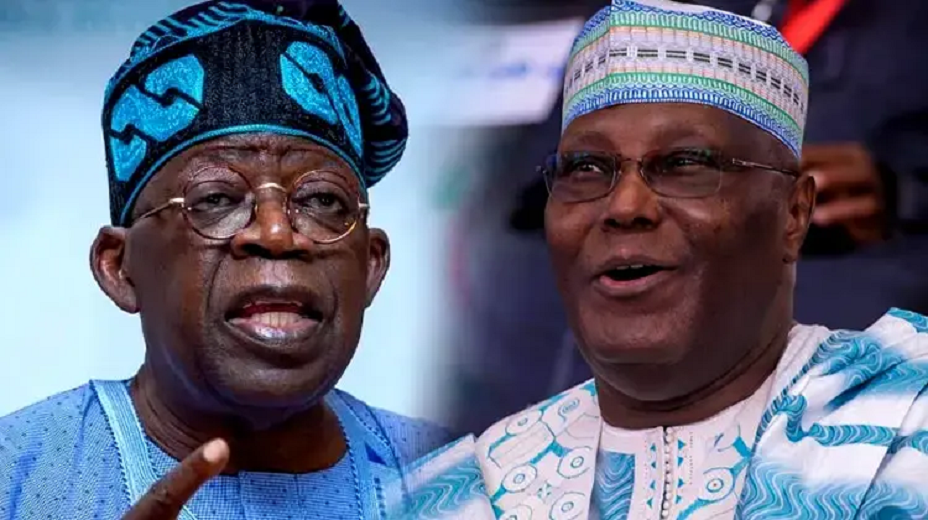The Central Bank of Nigeria (CBN) Governor, Mr Godwin Emefiele has disclosed that the country’s infrastructure has to improve by at least between 5 to 7 per cent for it to stimulate productivity and sustainable growth for businesses.
Mr Emefiele, who was represented by the apex bank’s Director, Corporate Communications, Mr Osita Nwasinobi, made this disclosure at the weekend while giving the keynote address at the Finance Correspondents Association of Nigeria’s (FICAN) 30th-anniversary conference and awards which had the theme: “Financing Infrastructure & SMEs for inclusive growth in the post-COVID-19 economy”.
He explained that despite being a sector of the economy which has been a major driver of growth, innovation and job creation, the micro, small and medium enterprises (MSMEs) potential to spur growth and create jobs has been hampered by lack of access to quality infrastructure.
The CBN Governor noted that though countries in sub-Saharan Africa have been spending about 6 – 12 per cent of their GDP annually on infrastructure, Nigeria has been projected to need US$100 billion investment to fix its infrastructural gap annually for the next 30 years, which is currently estimated to be about 1.2 per cent of its Gross Domestic Product (GDP).
“Beyond infrastructure, access to finance remains one of the biggest threats to MSME development in both developed and developing economies alike, with serious implications for productivity, economic development, and job creation,” he added.
Mr Emefiele asserted, “The financing gap for MSMEs in Nigeria is estimated to be about N617.3 billion annually pre-Covid-19 pandemic, as less than 5 percent of these businesses have access to adequate finance to support their working capital and business expansion needs (PwC).
“Other constraints to MSME development in Nigeria, as noted in the survey, included difficulty in finding customers, infrastructure deficit, insufficient cash flows, multiple taxations, regulatory burden, and sub-optimal implementation of the provisions of the MSME policy.”
Meanwhile, he revealed that the apex bank has put in place several policy measures to stimulate economic growth and reduce the impact of the COVID-19 pandemic on Nigerians and its intervention efforts represented about 3.5 per cent of the GDP.
He reiterated that the CBN has remained committed to fulfilling its developmental mandate by collaborating with stakeholders across infrastructure and MSME segments in order to boost domestic output.
“There is an urgent need for fiscal authorities to collaborate with the Central Bank of Nigeria to change the lenses through which they look at MSMEs and infrastructure development, by developing innovative policy measures to unlock the potential of these enterprises to drive innovation and industrialisation.
Distinguished ladies and gentlemen, without adequate infrastructure, the Nigerian economy cannot overcome its structural challenges and achieve growth, as well as development,” the CBN Governor opined.
























































